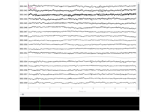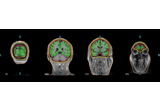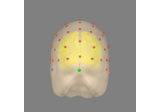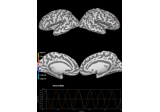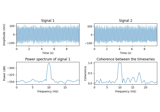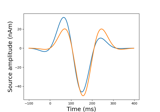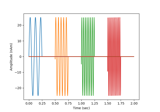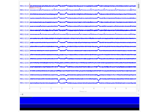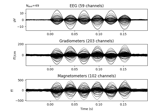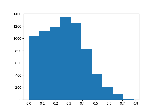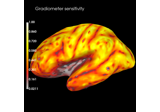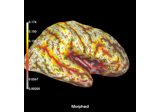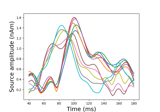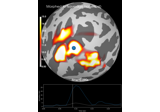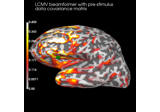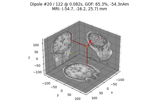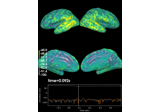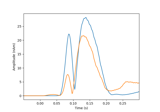mne.Forward#
- class mne.Forward[source]#
Forward class to represent info from forward solution.
Methods
__contains__(key, /)True if the dictionary has the specified key, else False.
x.__getitem__(y) <==> x[y]
__iter__(/)Implement iter(self).
__len__(/)Return len(self).
clear()copy()Copy the Forward instance.
fromkeys(iterable[, value])Create a new dictionary with keys from iterable and values set to value.
get(key[, default])Return the value for key if key is in the dictionary, else default.
items()keys()pick_channels(ch_names[, ordered])Pick channels from this forward operator.
pop(k[,d])If key is not found, d is returned if given, otherwise KeyError is raised
popitem(/)Remove and return a (key, value) pair as a 2-tuple.
setdefault(key[, default])Insert key with a value of default if key is not in the dictionary.
update([E, ]**F)If E is present and has a .keys() method, then does: for k in E: D[k] = E[k] If E is present and lacks a .keys() method, then does: for k, v in E: D[k] = v In either case, this is followed by: for k in F: D[k] = F[k]
values()- __contains__(key, /)#
True if the dictionary has the specified key, else False.
- __getitem__()#
x.__getitem__(y) <==> x[y]
- __iter__(/)#
Implement iter(self).
- __len__(/)#
Return len(self).
- clear() None. Remove all items from D.#
- fromkeys(iterable, value=None, /)#
Create a new dictionary with keys from iterable and values set to value.
- get(key, default=None, /)#
Return the value for key if key is in the dictionary, else default.
- items() a set-like object providing a view on D's items#
- keys() a set-like object providing a view on D's keys#
- pick_channels(ch_names, ordered=False)[source]#
Pick channels from this forward operator.
- Parameters
- Returns
- fwdinstance of Forward.
The modified forward model.
Notes
Operates in-place.
New in version 0.20.0.
- pop(k[, d]) v, remove specified key and return the corresponding value.#
If key is not found, d is returned if given, otherwise KeyError is raised
- popitem(/)#
Remove and return a (key, value) pair as a 2-tuple.
Pairs are returned in LIFO (last-in, first-out) order. Raises KeyError if the dict is empty.
- setdefault(key, default=None, /)#
Insert key with a value of default if key is not in the dictionary.
Return the value for key if key is in the dictionary, else default.
- update([E, ]**F) None. Update D from dict/iterable E and F.#
If E is present and has a .keys() method, then does: for k in E: D[k] = E[k] If E is present and lacks a .keys() method, then does: for k, v in E: D[k] = v In either case, this is followed by: for k in F: D[k] = F[k]
- values() an object providing a view on D's values#
Examples using mne.Forward#
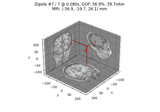
Source localization with equivalent current dipole (ECD) fit
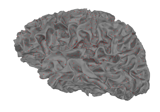
The role of dipole orientations in distributed source localization
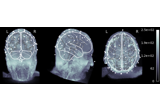
EEG source localization given electrode locations on an MRI
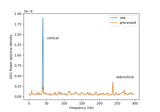
Cortical Signal Suppression (CSS) for removal of cortical signals
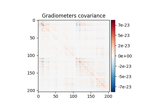
Compute evoked ERS source power using DICS, LCMV beamformer, and dSPM
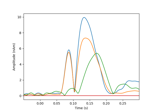
Compute a sparse inverse solution using the Gamma-MAP empirical Bayesian method
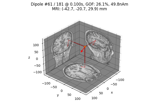
Compute sparse inverse solution with mixed norm: MxNE and irMxNE
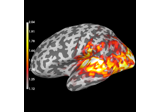
Compute source power estimate by projecting the covariance with MNE
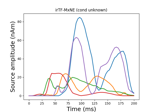
Compute iterative reweighted TF-MxNE with multiscale time-frequency dictionary
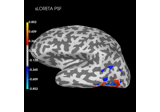
Plot point-spread functions (PSFs) and cross-talk functions (CTFs)
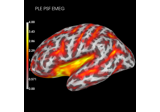
Compute spatial resolution metrics to compare MEG with EEG+MEG
